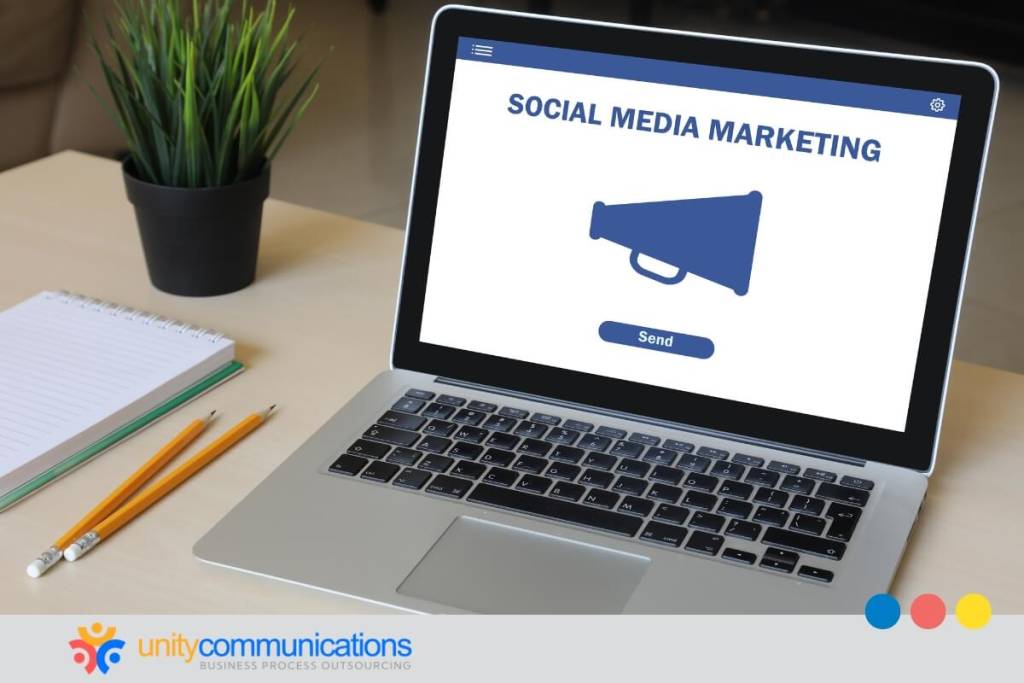Table of Contents
Customer needs, and touchpoints are changing. Hence, customer service departments are evolving from legacy call centers to modern contact centers.
While call centers and contact centers seem synonymous, they have key differences. Both are business process outsourcing (BPO) services, but they have distinct use cases, meet different objectives, and deliver varying customer experiences.
This article discusses the key difference between BPO call centers and contact centers.
What Is a BPO Call Center?
A call center is a centralized department of customer service agents who field inbound calls from clients and answer questions about a company’s products or services. But what is BPO? BPO involves contracting out a function, such as a call center, to an external provider who will manage and supervise the process.
Call centers focus on the interaction between callers and the brand and handle both inbound and outbound calls. They aim to offer comprehensive support and keep customer satisfaction high. They also help with lead generation, conversion, order processing, and payment procedures.
Call centers play an essential role in designing exceptional customer experiences. The demand for this service is continuously increasing. The global call center market will reach $494.7 billion by 2030.
Note the difference between a BPO call center and a contact center to know which option is right for your business. The latter differs in the way it handles customer communication. So how exactly does a call center work?
Here are practices that effective call centers incorporate into their customer support strategy:
- The interaction begins when an existing customer calls your business.
- An interactive voice response (IVR) system greets the customer with a menu of options that callers can choose from.
- The IVR connects customers to the appropriate call center agent, provides answers to frequently asked questions, and deflects calls by switching to a text message.
- Once the caller reaches the agent, the call center representative identifies the customer to gain relevant information.
- The agent addresses the issue and provides solutions while following call center etiquette.
- If the agent cannot resolve the issue in the first interaction, they will follow up with more information.
- The agent wraps up the interaction with a customer satisfaction survey if they resolve the problem on the first call.
To better understand the difference between a BPO call center and a contact center, let’s first talk about what the latter means.
What Is a BPO Contact Center?
A contact center is a BPO service responsible for handling customer interactions across different channels, including phone calls and digital technologies. Contact centers use digital communication tools such as email, online chats, and social media messaging to interact with customers.
Centralized contact center software uses automated communication systems that record contextual information from previous interactions between clients and customer service representatives. Contextual information allows the agent to stay informed regardless of how customers contact the brand.
Key contact center solutions and features include:
- Digital-first channels,
- Automatic ticketing for each call or interaction,
- A “call us” button on the app or website,
- Real-time monitoring with customer service dashboard,
- Automation to speed up resolution time,
- Customizations and integration,
- Automated sending of surveys via online chat,
- Call routing based on agent capacity, status, and conversion priority,
- Artificial intelligence (AI)-powered chatbots that assist customers when agents are away, and
- Knowledge base or community forums for self-support.
With modern contact centers, companies can provide an omnichannel experience to cater to changing consumer preferences. Although 76% of customers still prefer to get support via phone, companies must pay attention to other communication channels.
Primary Difference Between a BPO Call Center and Contact Center
Contact centers and call centers are practically the same, right? Well, not really.
The primary difference between a BPO call center and a contact center is the channels used. Call centers run on legacy phone systems, whereas contact centers leverage various digital channels that customers use. Here is a more in-depth comparison.
| Call Center | Contact Center | |
|---|---|---|
| Communication Channels | Inbound and outbound calls | Phone calls, email, social media, live chat, chatbots, and more |
| Usage | Technical support, sales, telemarketing | Customer service and technical support, customer relationship management (CRM) |
| Queue Management | Call distribution | Omnichannel queue management across platforms |
| Workforce management | Requires high reliance on agents | Minimizes dependence on agents |
| Support Type | Reactive support | Proactive and reactive support |
| Self-service management | IVR system | Support chatbot, community forums, and self-service portal |
| Workflow automation | Automation on call routing, outbound dialing, and voicemails | Automated updates and assignments, ticket creation, and time-based triggers |
| Unified customer view | Not applicable | 360-degree view of customers with integrations |
Understanding the difference between BPO call centers and contact centers helps you make the right decision.
Which Is Right for Your Business?
Considering the distinctions between call and contact centers, it’s crucial to select the service that aligns with your customers’ preferences. To make an informed choice, ask yourself the following questions:
- Is your business small with a low volume of customer tickets? Stick with a call center and hire quality agents to resolve the issue on the first call.
- Do customers prefer calling you? There is no need to invest in other channels. Instead, create a functional call center. Use powerful call center software to give agents everything they need to solve problems—from IVR, post-call automation, and advanced call routing to comprehensive analytics.
- Are your customers present across different channels? Meet their expectations by establishing a contact center. An omnichannel experience works wonders for customers and businesses.
- Is your business relatively small, with a limited number of customer inquiries? In such cases, opting for a call center and recruiting high-quality agents capable of resolving issues during the initial call is prudent.
- Do your customers predominantly prefer reaching out via phone calls? If so, there may be no need to invest in additional communication channels. Instead, focus on establishing an efficient call center equipped with robust call center software, offering features like IVR, post-call automation, advanced call routing, and comprehensive analytics to empower agents in problem resolution.
- Do your customers engage with your business through various channels? In this scenario, meeting their expectations entails setting up a contact center that provides an omnichannel experience, benefiting both customers and your organization.
- Is your company a sizable enterprise with versatile agents at your disposal? If you have the capacity and resources to invest in a modern platform, a contact center is the preferred choice to effectively cater to diverse customer needs.
- Are you aiming to enhance the likelihood of delivering exceptional customer experiences? Contact centers offer customers multiple avenues to connect with your business and facilitate a proactive approach. Agents can engage with customers while accessing the complete context of their concerns.
It’s important to recognize that the selection should be based on your specific business’s customer requirements. Understanding the distinctions between BPO and contact centers is essential in determining how each option can enhance your customer service strategy.
The Bottom Line
The main similarity between call centers and contact centers is that they are both customer support solutions but serve different needs and purposes. The difference between BPO call centers and contact centers is precisely why it is difficult to say which is better.
A call center lets you engage with customers via phone, while a contact center allows you to leverage various communication channels. Ultimately, you should consider which channel your customers prefer.
If you want to outsource customer service, let’s connect to see what Unity Communications offers.

About The Author
Allie Delos Santos is an experienced content writer who graduated cum laude with a degree in mass communications. She specializes in writing blog posts and feature articles. Her passion is making drab blog articles sparkle.
Allie is an avid reader—with a strong interest in magical realism and contemporary fiction. When she is not working, she enjoys yoga and cooking.



